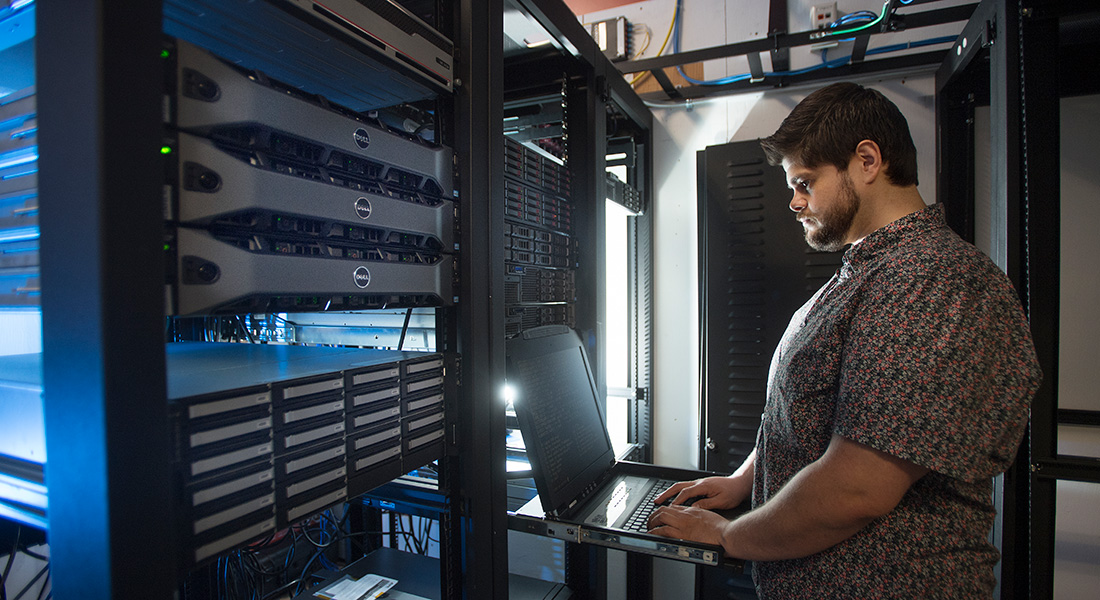
About the Program
Channel your passion for technology into solutions for an increasingly computerized world. Apply theories and principles of physics and mathematics to the study of circuits, electronics, software, hardware and digital system design to solve technical problems. With over 15 electrical and computer engineering laboratories, you will gain the hands-on experience needed to achieve your dream career.

The Polytechnic Approach
Construct microelectronic circuits, learn algorithms involved in data mining and delve into computer architecture. Gain experience in hardware and software and become an experienced problem solver as you produce solutions for public health, safety, machine learning, cybersecurity and beyond.
Career Outcomes
Courses
Our undergraduate curriculum provides a well-rounded education in both theory and the practice of engineering. You will be required to take many "hands-on" laboratories to experience the practical application of classroom theory. Additionally, all students are required to prepare a senior project involving design, implementation, and evaluation. It often takes the form of a multidisciplinary team project. Upon graduation, you will be well-prepared to begin either a professional career or continue your education in a graduate program.

Professor, Electrical and Computer Engineering
Thomas Ketseoglou
Thomas Ketseoglou’s expertise is in the areas of state-of-the-art techniques in wireless communications, data mining, semi-supervised learning and localization techniques. His most recent work focuses on 5G and beyond linear precoder designs for optimized information transfer under reduced complexity and new insights in designing optimal linear precoders, with reduced system complexity.
Licensure Disclosure and Accreditation
California State University programs for professions that require licensure or certification are intended to prepare the student for California licensure and certification requirements. Admission into programs for professions that require licensure and certification does not guarantee that students will obtain a license or certificate. Licensure and certification requirements are set by agencies that are not controlled by or affiliated with the California State University and licensure and certification requirements can change at any time.
The California State University has not determined whether its programs meet other states' educational or professional requirements for licensure and certification. Students planning to pursue licensure or certification in other states are responsible for determining whether, if they complete a California State University program, they will meet their state's requirements for licensure or certification. This disclosure is made pursuant to 34 CFR §668.43(a)(5)(v)(C). For more information, click here.
The Electrical and Computer Engineering Department offers a Computer Engineering Program leading to a Bachelor of Science degree.
The Computer Engineering program is accredited by the Engineering Accreditation Commission of ABET, https://www.abet.org , under the General Criteria, and the Program Criteria for Electrical, Computer, Communications, Telecommunication(s) and Similarly Named Engineering Programs.
For more information, please view our program educational objectives and outcomes.